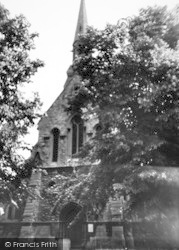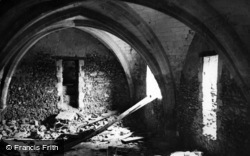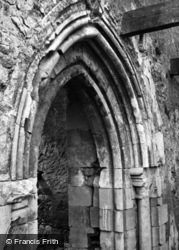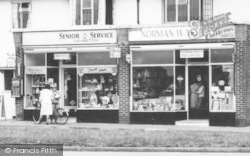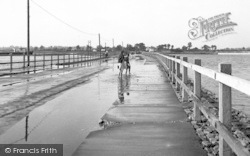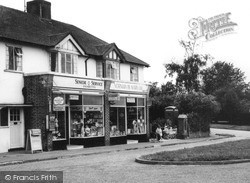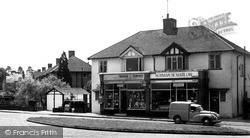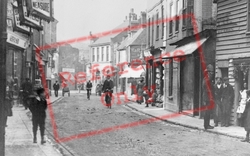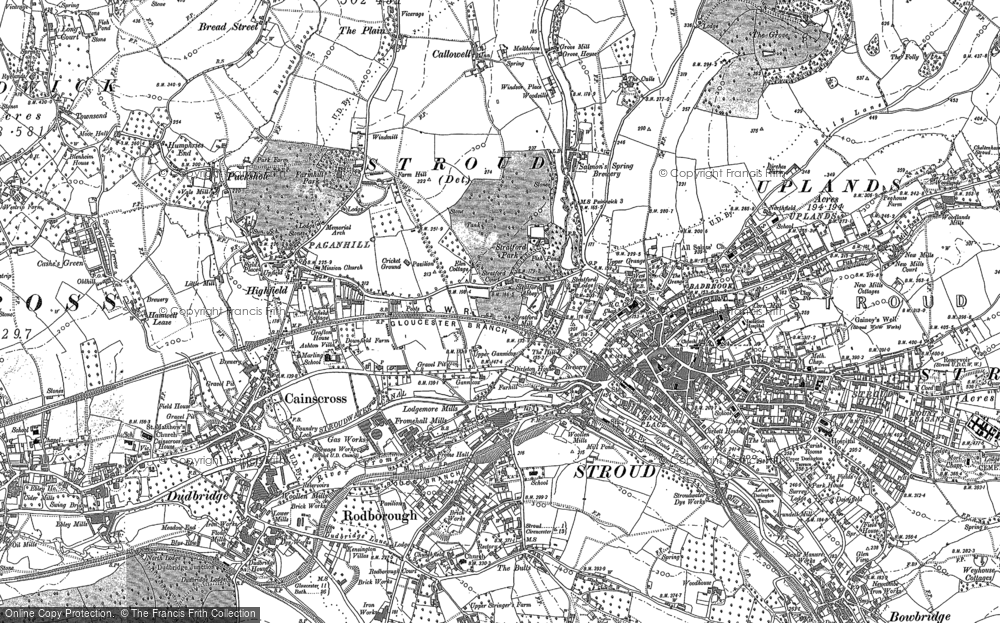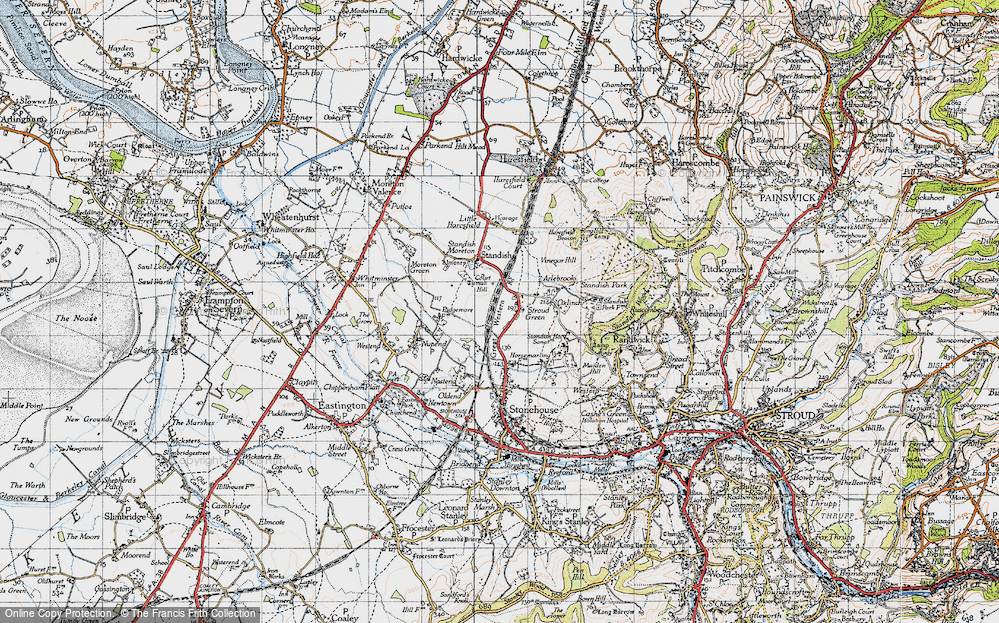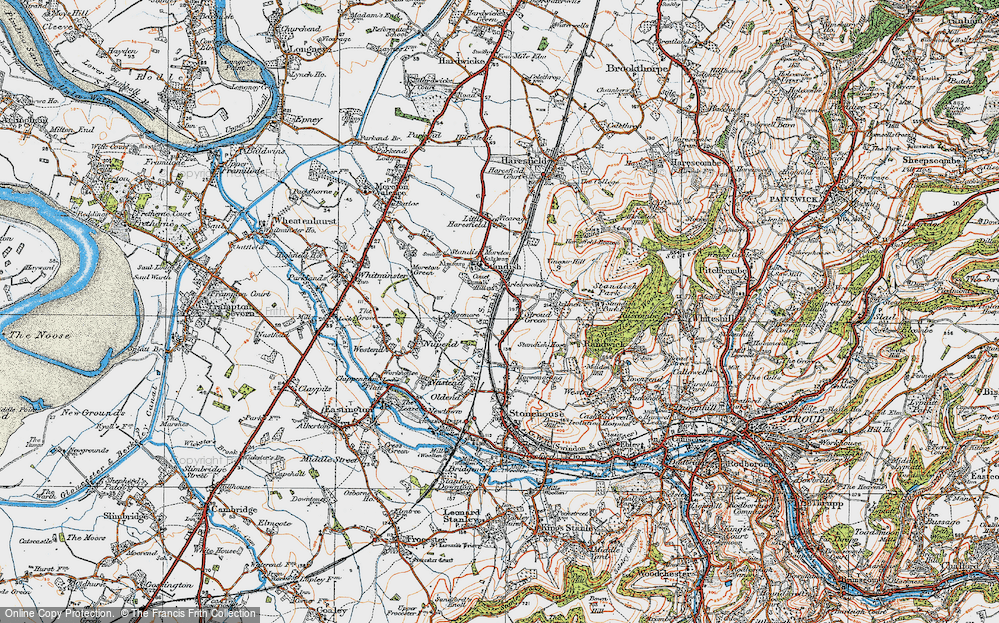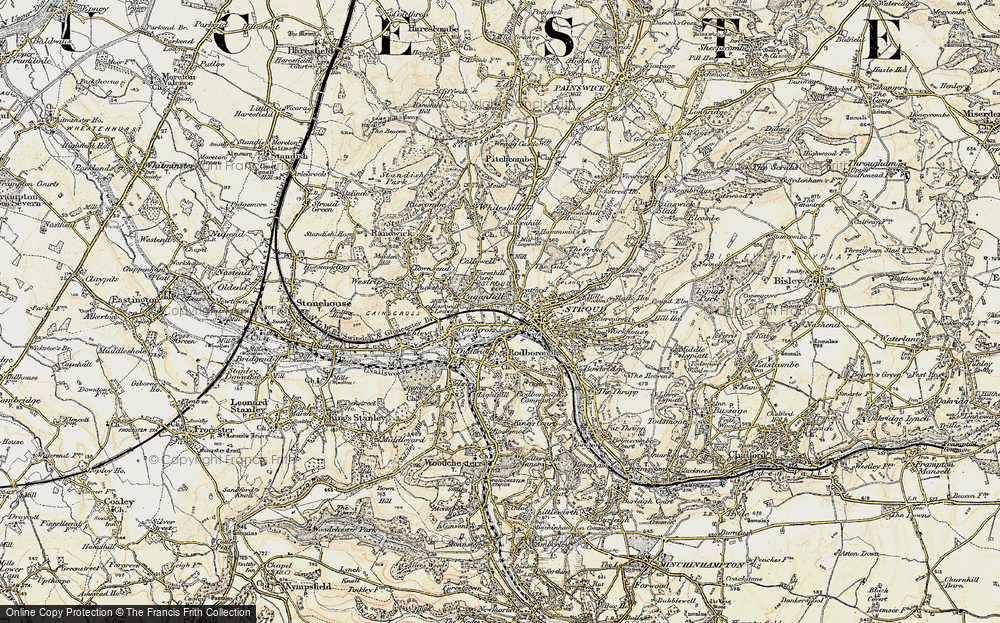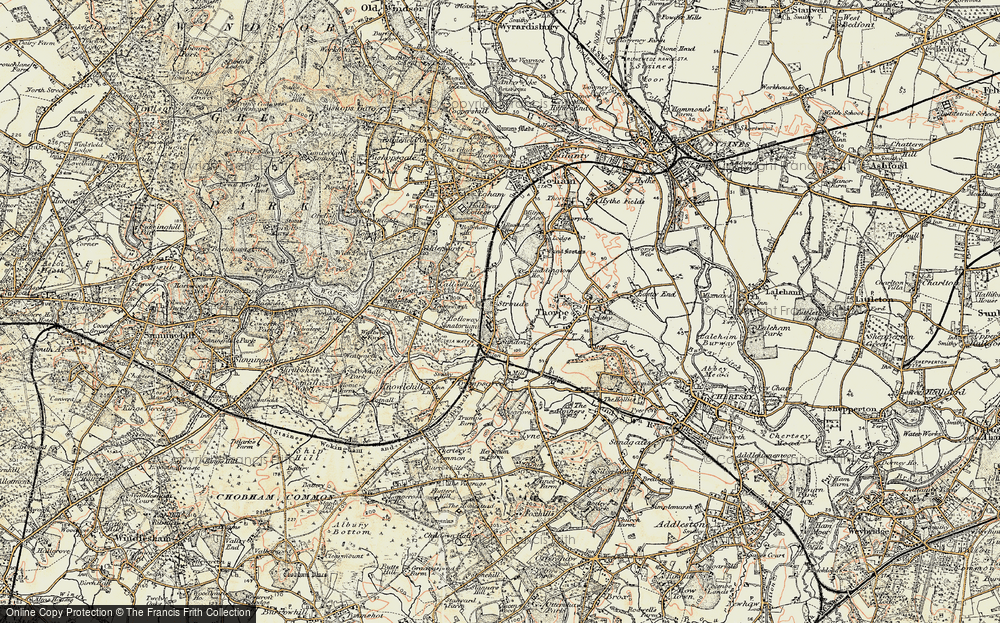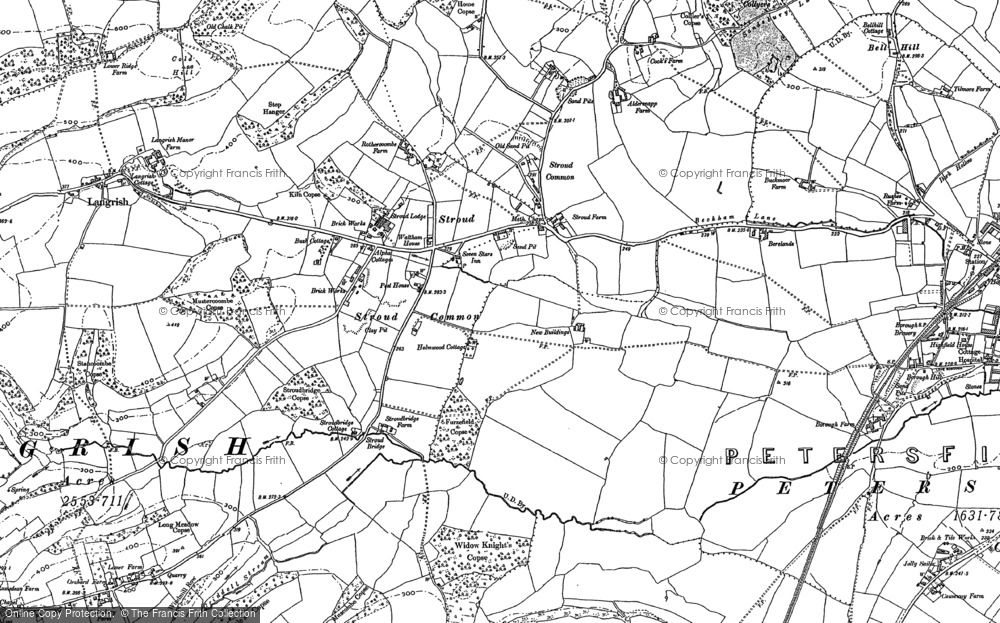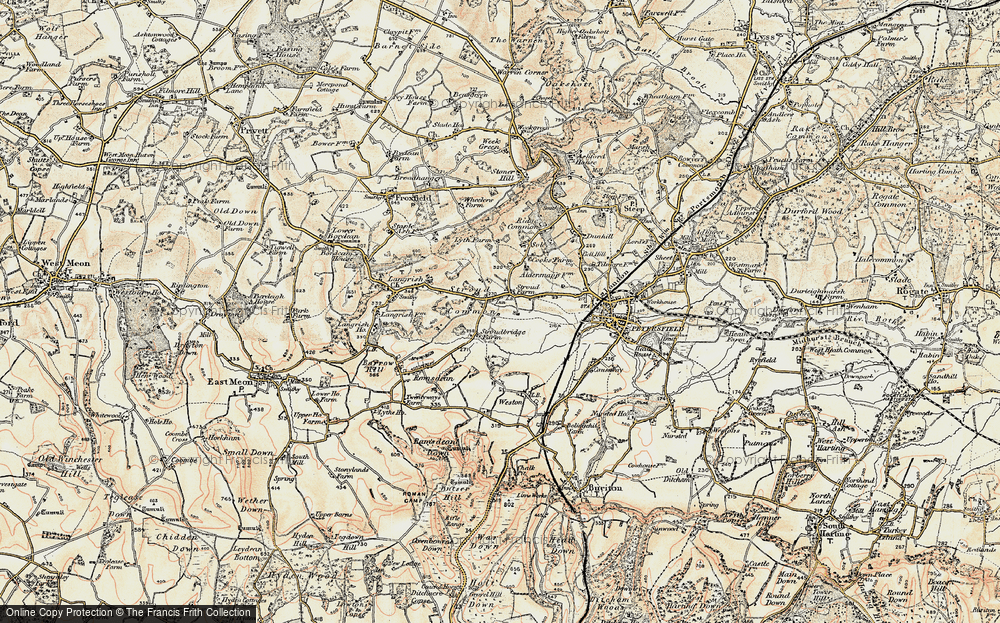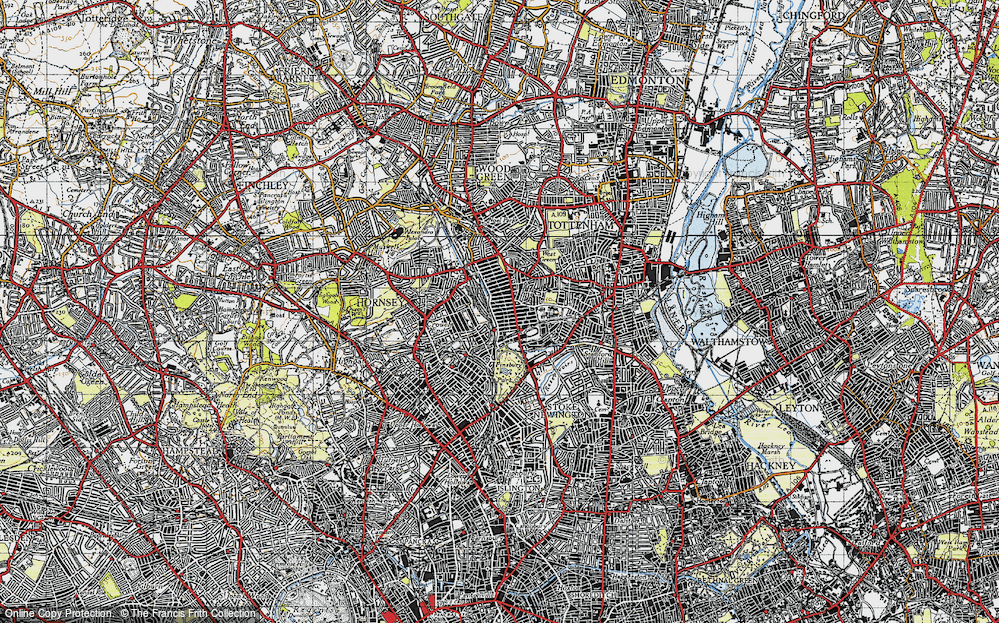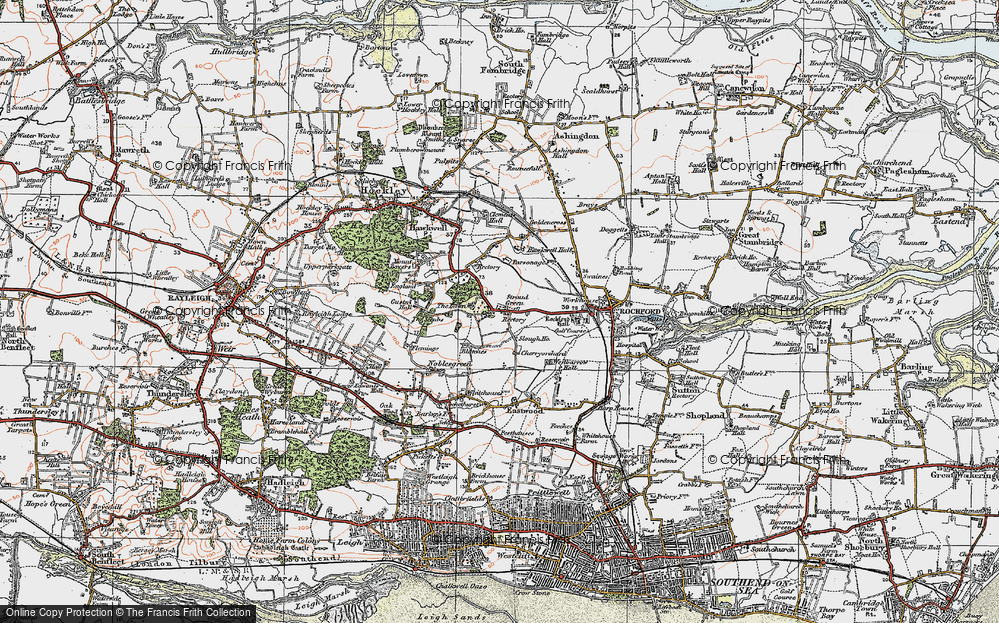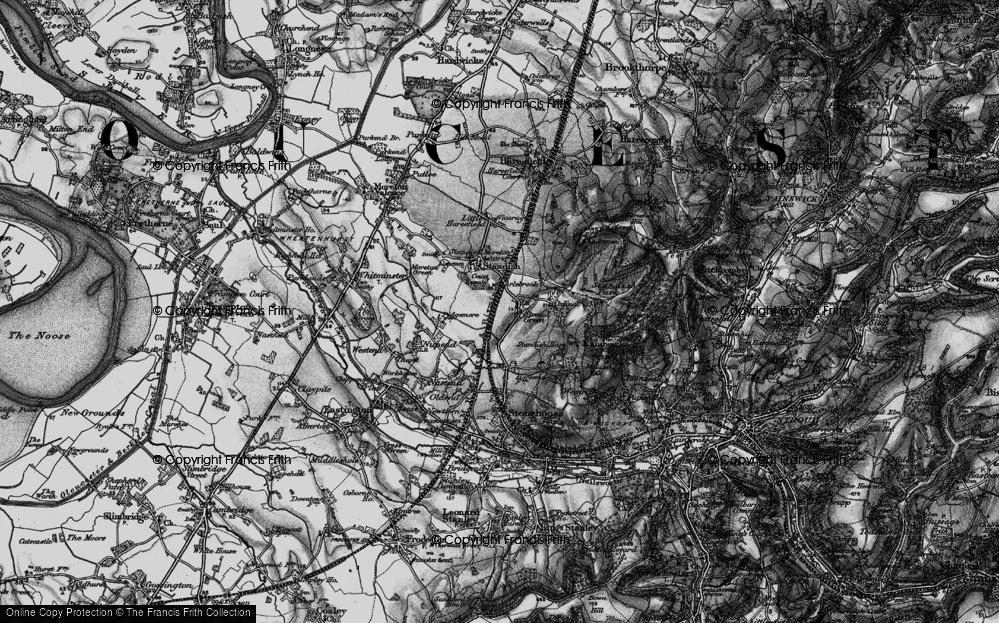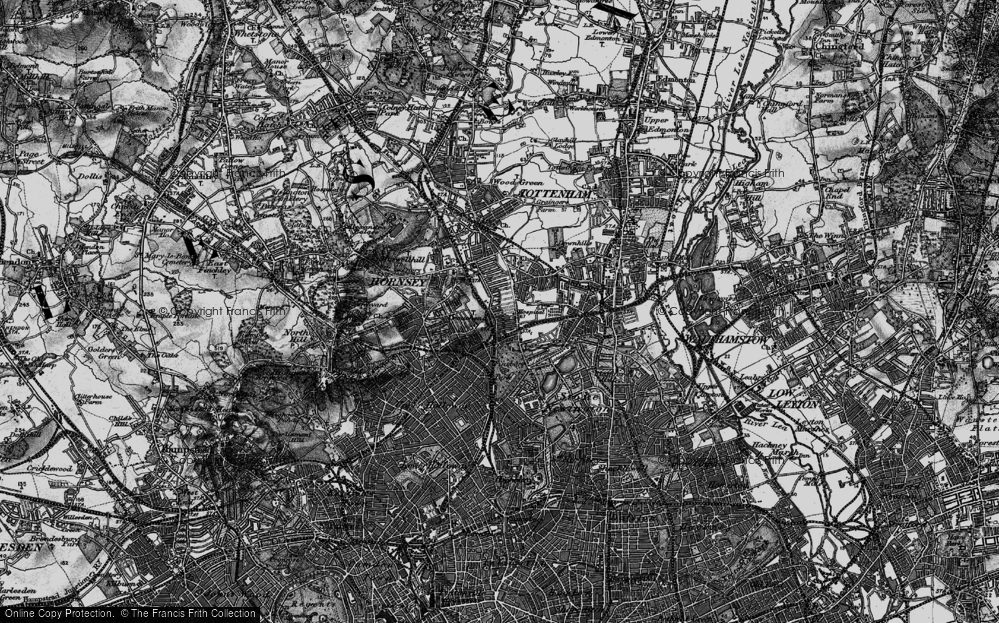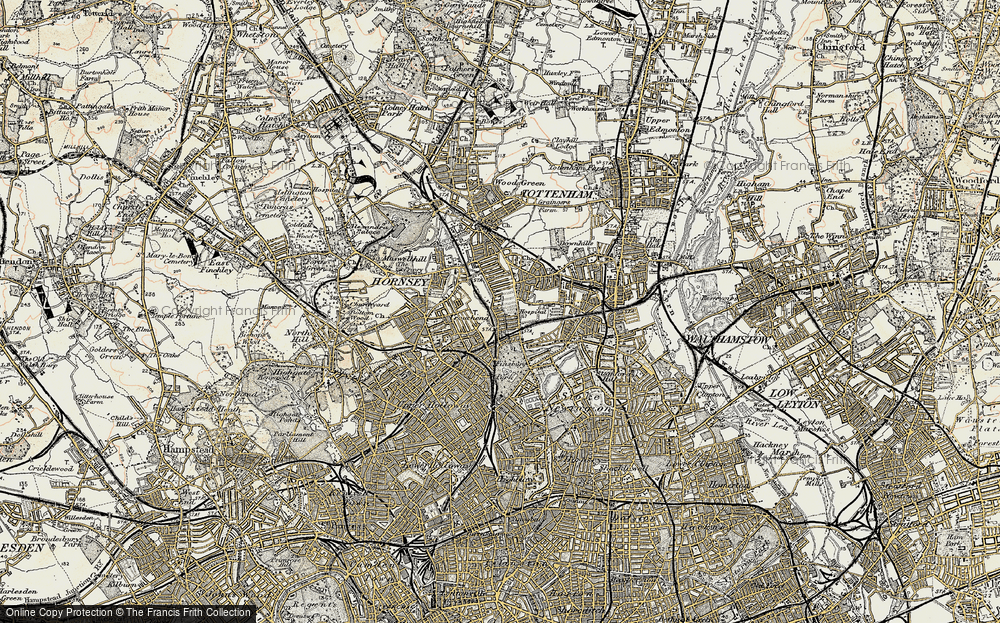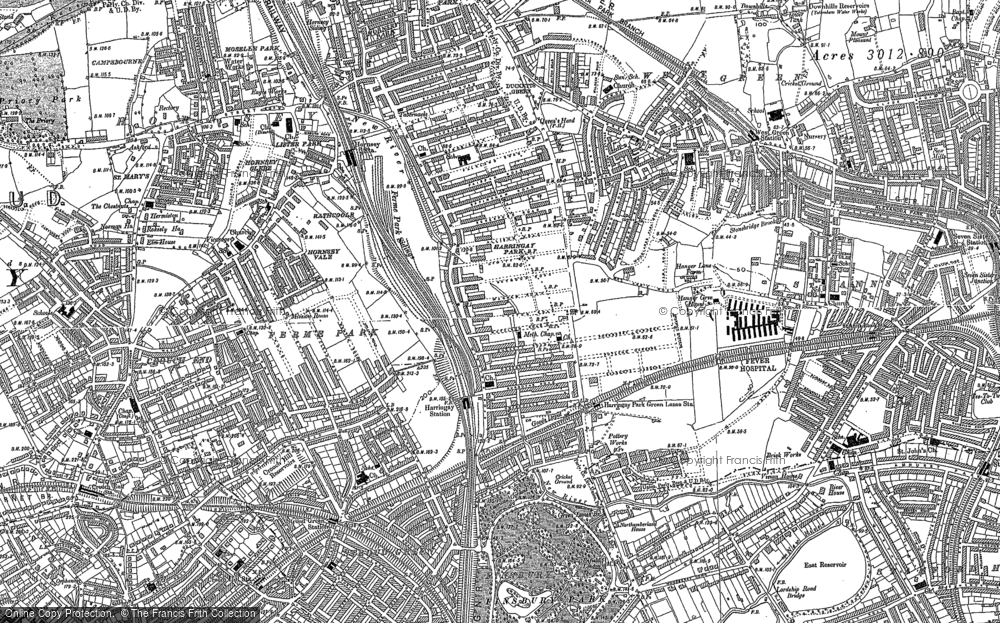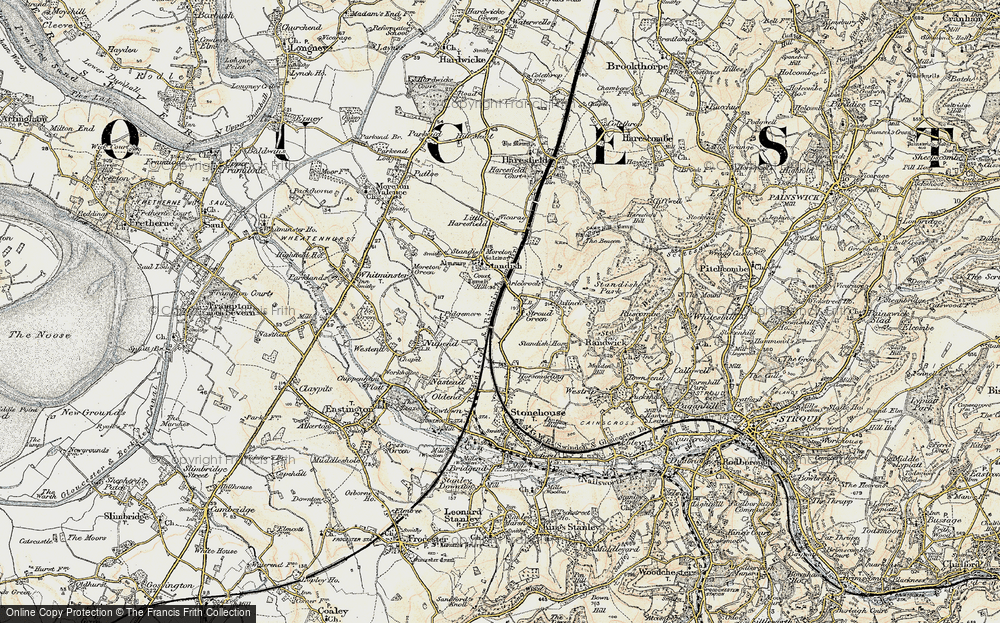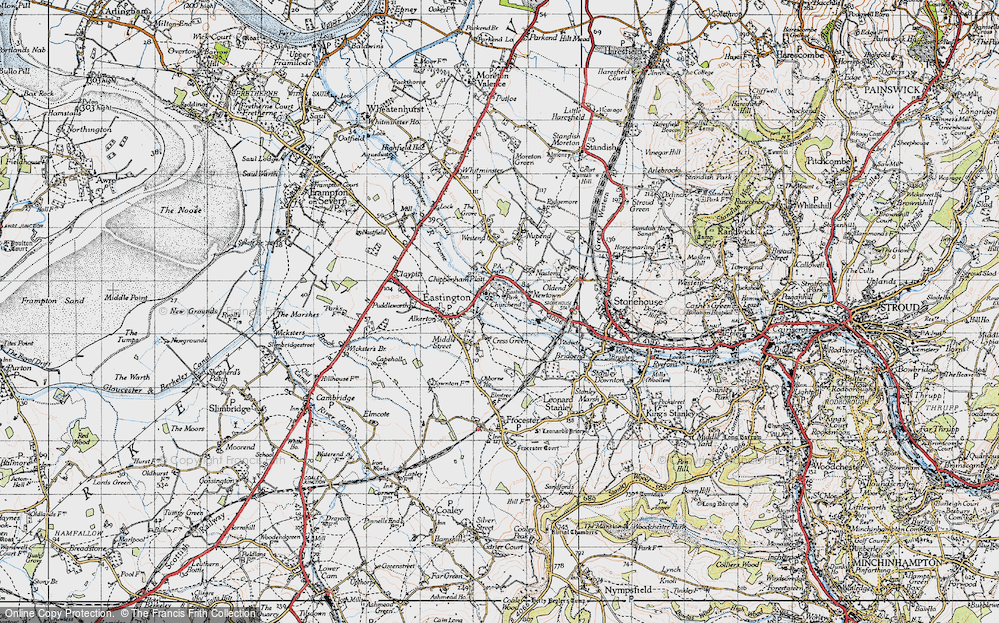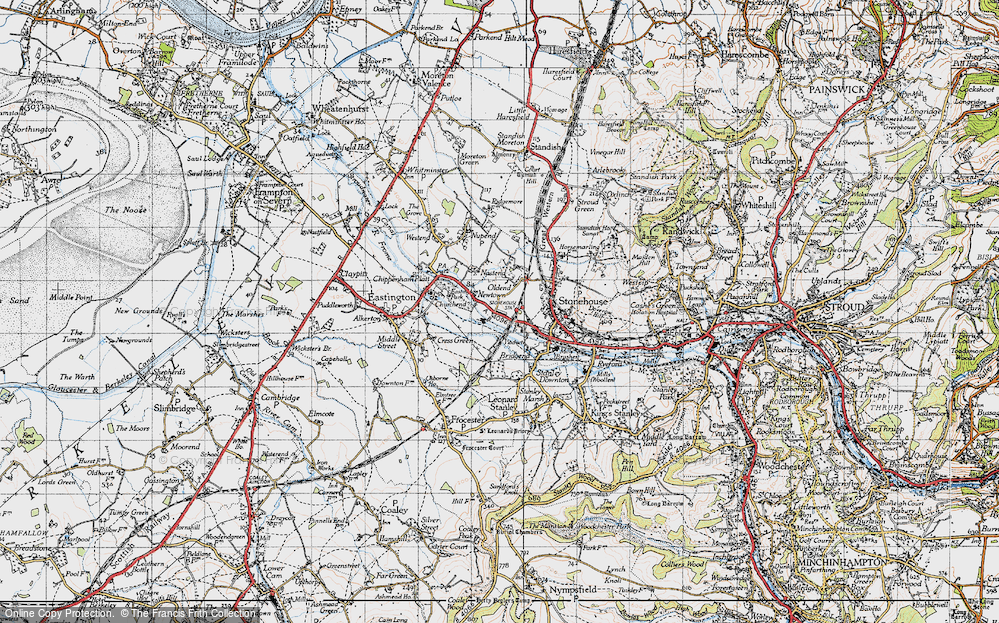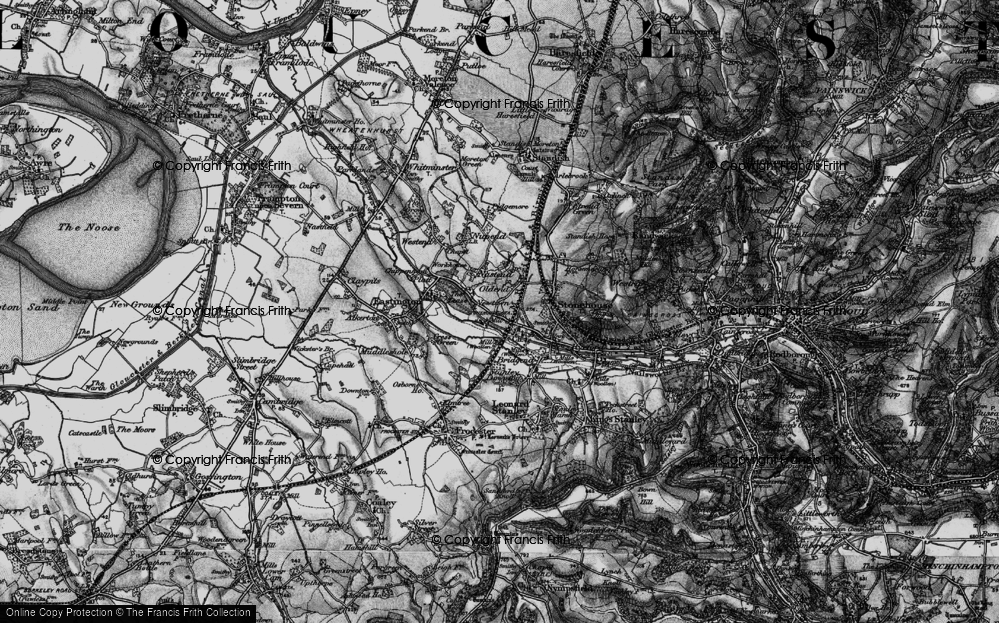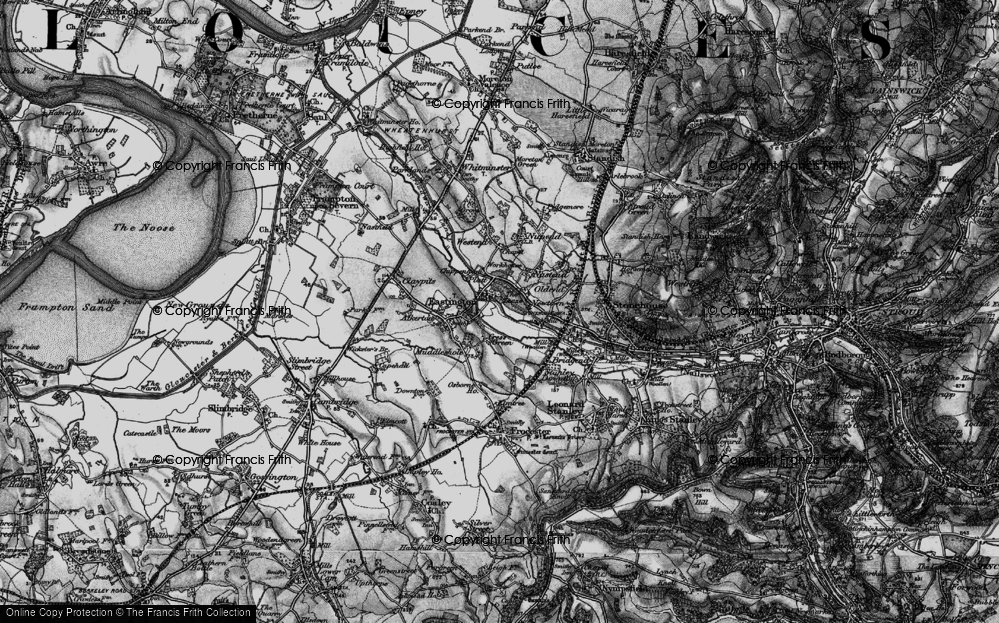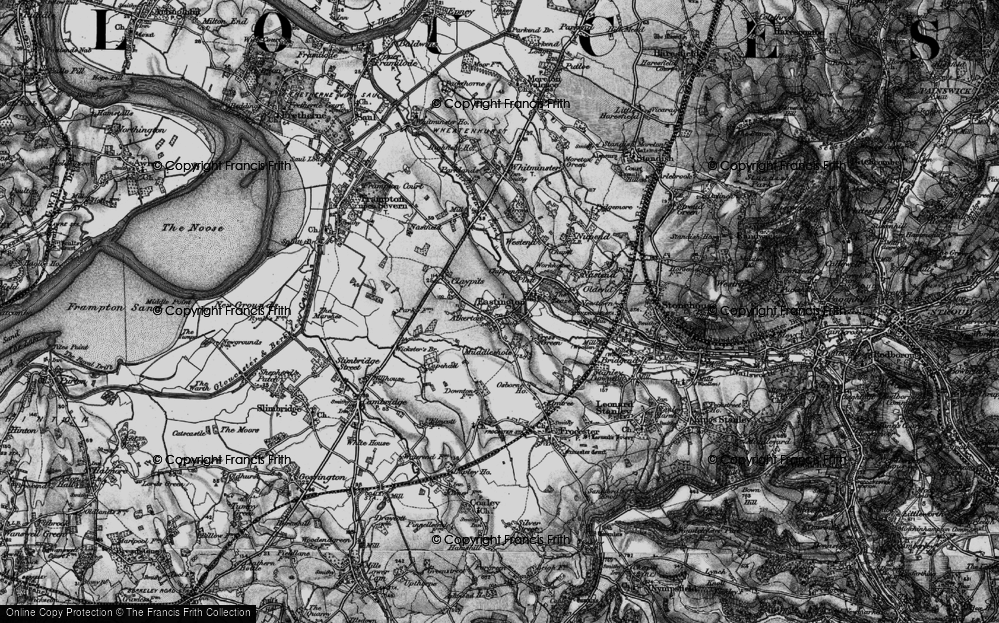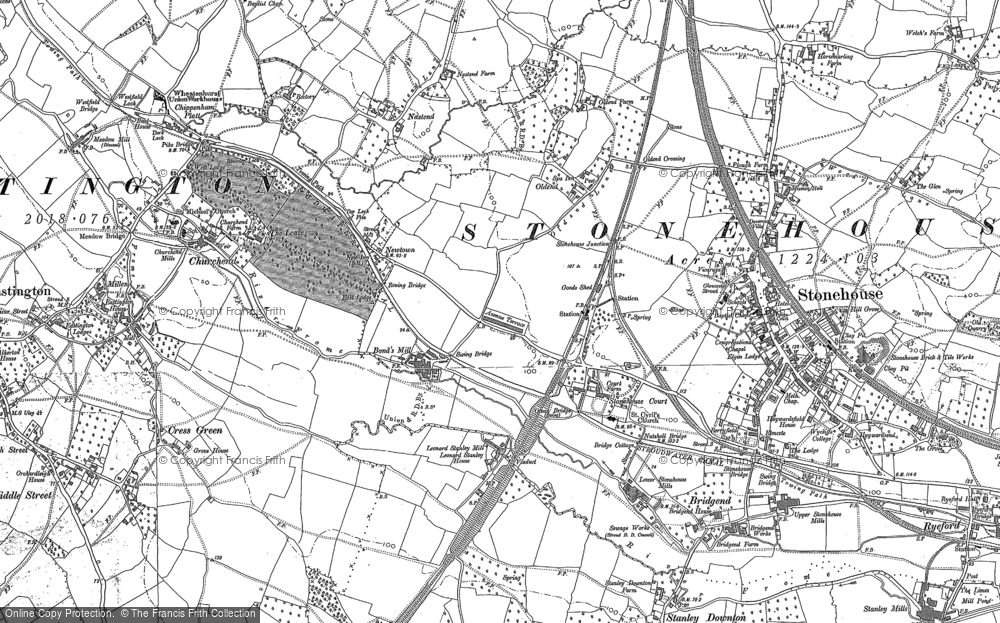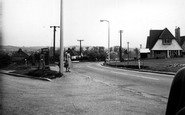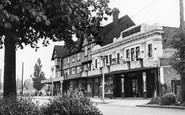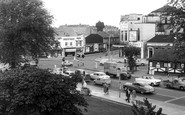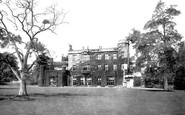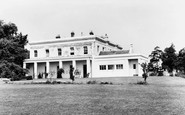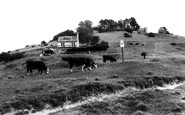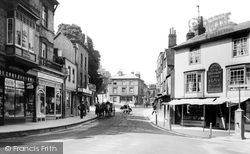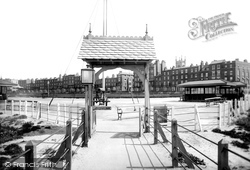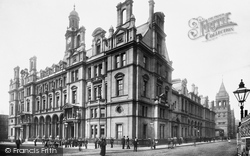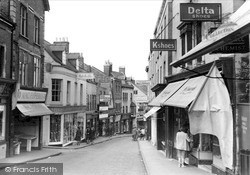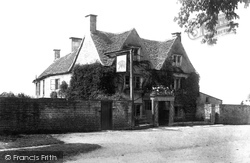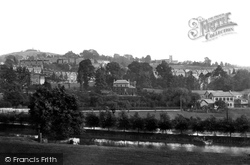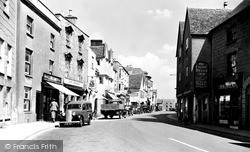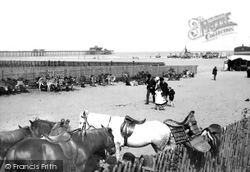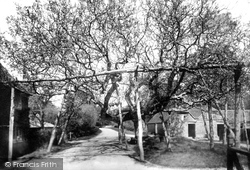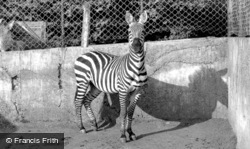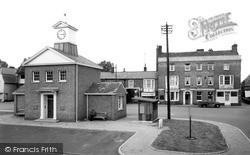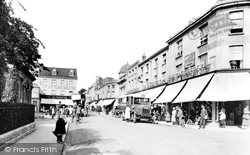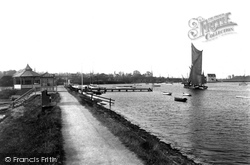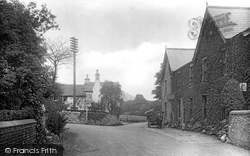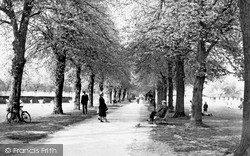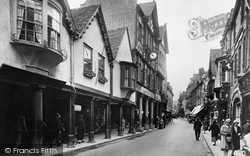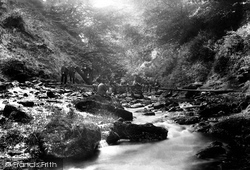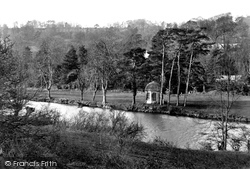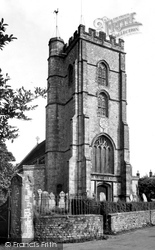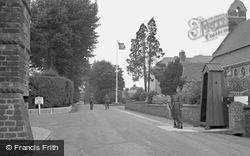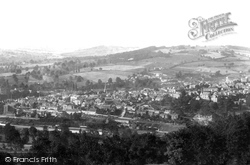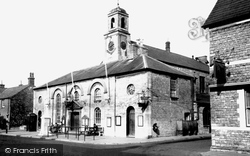Places
5 places found.
Those places high-lighted have photos. All locations may have maps, books and memories.
Photos
48 photos found. Showing results 41 to 48.
Maps
74 maps found.
Books
1 books found. Showing results 49 to 1.
Memories
381 memories found. Showing results 21 to 30.
Village Life
I was born in post-war Corringham into a large family that had been evacuated from the blitzed East End of London. I was christened and married at St. Mary's Church and I lived in Chamberlain Avenue (down the left fork of the ...Read more
A memory of Corringham in 1940
Victory Parade And The Sudden Downpour
What memories this picture brings back to life again!! I had just been discharged from the Fever Hospital having spent six weeks there with Scarlet Fever. Nothing was going to stop me from taking part in the ...Read more
A memory of Pitsea by
The 40/50s
It was the 118 bus Colin. It went from Clapham Common to Mitcham Cricket Green. I also remember well those wonderful Leo's ice lollies. After those awful slabs of lard between 2 wafers that went soggy they were magic - Walls's! My family ...Read more
A memory of Mitcham by
The Mills
It is interesting to hear from some one who lived so close to me when I was little. We lived up from the high mill in hope cottage. My father Robert Stroud worked at the really awful mill most of his life for almost nothing. Mr ...Read more
A memory of Shaw Mills by
Boarding School
I went to st Roses convent in Stroud when I was eleven years old . The boarding house was up the lane called merrymeads. It was named st Bedes . I can remember going to the Holy Rosary church which was next to the convent . ...Read more
A memory of Stroud by
Faraway Castles
As a child playing on the allotments behind the Fire station in Trowbridge I used to see the white buildings gleaming in the sun of the Manor on the far hills. It was always so beautiful sitting majestically in the distance I ...Read more
A memory of Trowbridge by
Tottenham Lane 1957 65
I was born in Muswell Hill Cottage Hospital in 1957. We lived at the off licence in Tottenham lane opposite the police station....Victoria wine. I went to Rolkesly Infant and Junior and had best friend Robert in the infant ...Read more
A memory of Hornsey by
Laleham Abbey
My sister Kathleen Taylor (former name) was cook in the kitchen for the retired old ladies. I was always staying with her during school holidays. Her husband then (now deceased) was Barry Taylor and they had two children, Sarah born ...Read more
A memory of Laleham in 1970 by
Christmas Eves 1960s
I was born in Stroud and lived in Cashesgreen and Paganhill until I was 11 when the family moved to Hertfordshire. My aunt lived at Minchinhampton in a house my sister now owns. As children we remember making the then very ...Read more
A memory of Rodborough in 1963 by
The War Years
I was born in Ryde in 1938 and when war broke out, my mother and myself moved in with my grandparents, Laurence and Lucy Stroud (nee Meecham) into what is now Wellwood Grange but in those days was just Wellwood. It was the home of ...Read more
A memory of Binstead by
Captions
288 captions found. Showing results 49 to 72.
The White Lion stood exactly opposite until its demise. The Bull's Head is centre left and the White Lion is centre right in view 55697 on the previous page.
Now occupied by the Winter Gardens, the Fort, also known as Fort Green, stood high up on the sea cliff east of Margate Harbour where a gun battery had stood during the Napoleonic wars.
The Coloured Cloth Hall once stood on this site. Here, traders were allowed just one hour's trading per day.
By the 1950s many of Stroud's locally-owned small shops were giving way to familiar chain stores, though the streets remained relatively free of motor traffic.
This was a very welcome staging post for travellers and horses making the strenuous journey between Cirencester and Stroud by way of Minchinhampton Common.
A painting in the Stroud Museum shows red, white, blue and yellow cloth drying in the field alongside Wallbridge Mill.
Tetbury lies near the boundary of Gloucestershire and Wiltshire on the long stretch of high road between Stroud and Malmesbury.
Donkeys and ponies stood for hire on each side of the Pullover, which was later to be Tower Esplanade. Note the child's wickerwork saddle hanging on the fence.
The old walnut tree stood near St Margaretís church, and was so big that it required props to hold it up and keep the roadway clear. It died some years ago.
This zoo, established by the late Sir Garrard Tyrwhitt-Drake, formerly stood in the grounds of Cobtree Manor. It was known for its well-kept lions and polar bears.
The original clock tower stood in an area known as The Shambles, and was surrounded by small shops.
The entrance to The Picture House, one of Stroud's early cinemas, adjoins Hepworth's.
Just to the right of the sailing barge is Woodbridge tide mill, the later model of a tide mill which has stood here since the early 12th century.
Worston once stood astride the main A59 road, but now it is happy to be a quiet backwater in the shadow of Pendle. This sleepy scene is typical of the lovely villages in the area.
Covering an area of seventeen acres, the park includes a statue of Queen Victoria, guarded by two terracotta lions which originally stood in the Market Place.
Covering an area of seventeen acres, the park includes a statue of Queen Victoria, guarded by two terracotta lions which originally stood in the Market Place.
Until 1279 a Royal Mint of the Norman and Angevin kings stood on the site.
The House of Correction stood on this site until 1829. The county jail was then relocated and the new Town Hall was built incorporating some of the cells.
It stood in a riverside field belonging to Belcombe Court, the home of the Yerbury family, wealthy clothiers, who lived there until 1903.
A church has stood here since Saxon times, and its fine Norman interior has somehow survived the worst excesses of the Victorian restorers.
A scene that is now no more: the barracks stood on Caterham Hill, where the sentry is standing guard at the entrance.
Abundant, fast-flowing streams made Stroud an important mill town in the Middle Ages, when water wheels turned the stones that ground the corn.
The House of Correction stood on this site until 1829. The county jail was then relocated and the new Town Hall was built incorporating some of the cells.
The House of Correction stood on this site until 1829. The county jail was then relocated and the new Town Hall was built incorporating some of the cells.
Places (5)
Photos (48)
Memories (381)
Books (1)
Maps (74)


